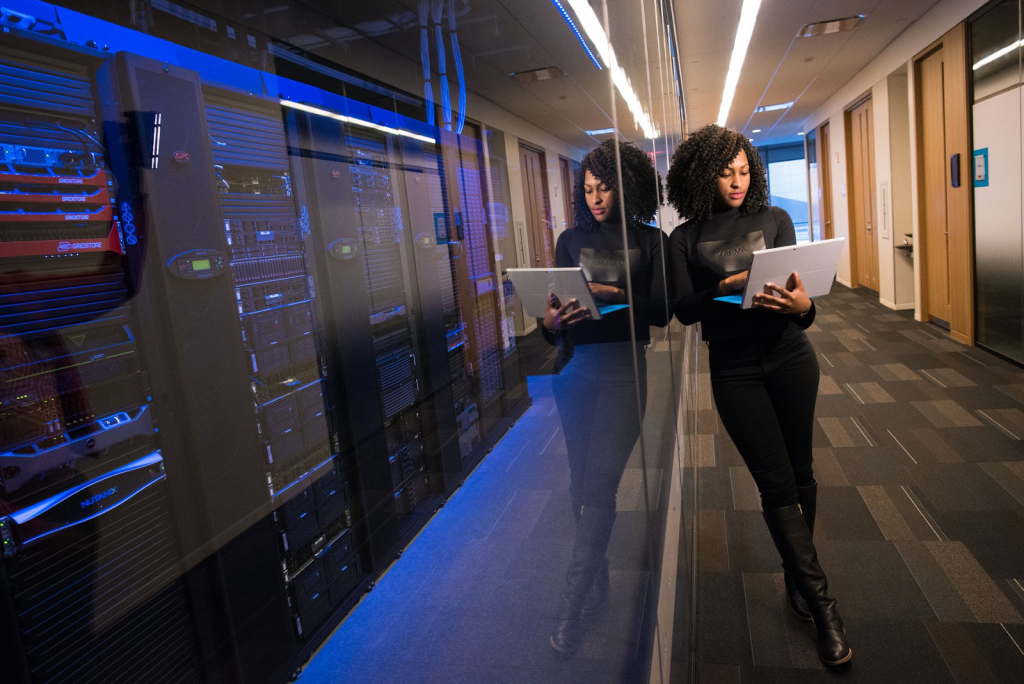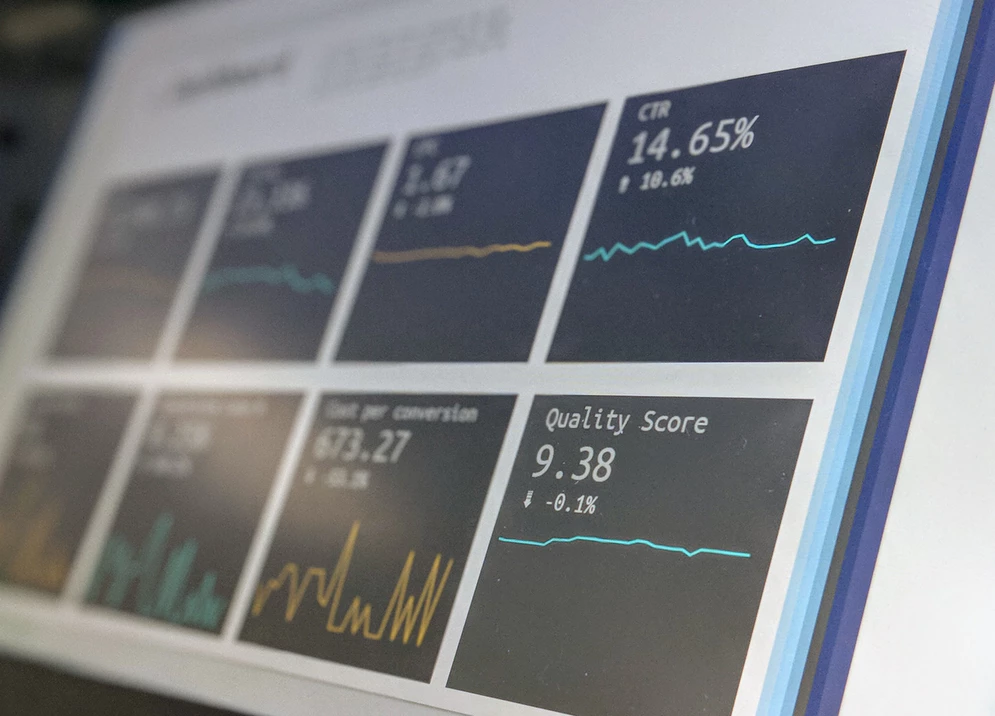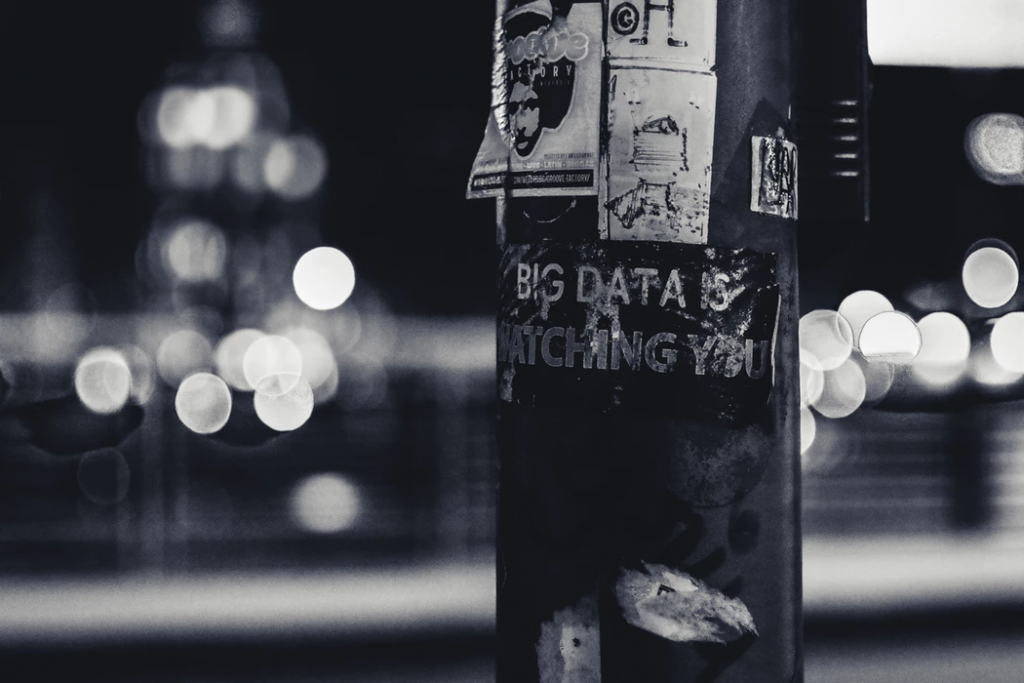In a world fueled by technology, data has quickly become the hottest commodity around. Data fuels business decisions, gives insights into consumer behavior, and creates a more efficient world. Alternatively, when data is not protected and falls into the wrong hands, it can spell disaster.
The most valuable and profitable companies in the world rely on data collection and aggregation. This has led many to conclude that the most valuable resource in the world today is not gold or oil; it’s data. Therefore, the control of data, and who has access to personal information, plays a huge role in the data-driven economy.

How Data is Used
Each time you log-in to your computer and use Netflix, Spotify, or any number of services, you are being tracked. The decisions you make are recorded and stored by these services to help inform future business decisions. Once data is collected, it is processed to become usable for information in a method known as data mining.
Data mining is the process in which large amounts of data are compiled and sorted to find relationships and patterns that can be used to inform future decisions. For instance, a retail store can use data mining to get a good sense of the demographics, income level, and other personal information of a single customer. This is done by aggregating the information of their entire customer base and the products they purchase and finding relationships between products being purchased and the purchaser. This data can then inform the retail store on how they should market to certain demographics in the future.

This same process is done each time you watch a TV show on Netflix or listen to a song on Spotify. These services can suggest new offerings to you based not only on what you have consumed previously, but what others like you have consumed previously as well. In this way, data mining allows the decisions of millions to predict the potential decision of a single consumer in the future.
Positives
Data mining and usage provide a huge benefit by way of personalization. By using your previous web browsing data, companies can point you in the direction of new products and services of which you were not previously aware. For instance, in the previous example of Netflix, the service can provide each user suggestions of what they might want to watch next based not only on their own previous choices, but the choices of millions of other, similar users. This creates a more personalized experience, and the feeling that Netflix knows what you want to watch even before you watch it.
This is just one example of the benefits of using data to benefit consumer experience. There are many other applications of data mining. Some uses include:
- More accurate credit scoring
- Fraud detection
- Detecting potential crimes
- Better education tools for students

Take credit scoring as an example. Traditionally, credit scoring has been compiled based completely on your credit accounts from banks, how quickly you pay off your balance, how much a balance you hold, and how many accounts you currently have open. However, the advent of data mining now allows companies to consider other factors when it comes to credit score. Now, credit scoring can also take into account payment history on utility bills, shopping history, and more. According to a Yale Journal of Law and Technology article:
“The credit-scoring industry has experienced a recent explosion of start-ups that take an “all data is credit data” approach, combining conventional credit information with thousands of data points mined from consumers’ offline and online activities. Big-data scoring tools may now base credit decisions on where people shop, the purchases they make, their online social media networks, and various other factors that are not intuitively related to creditworthiness.”
This provides millions of people without a traditionally high credit score access to credit based on other factors which can help determine their creditworthiness. Instead of relying only on traditional credit information, lenders can now utilize a whole host of other factors when considering the creditworthiness of a potential borrower.
In another area, data mining helps to prevent terrorist groups grow in their recruitment efforts. A recent Terrorism and Social Media Conference displayed how data mining can be used to generate psychological profiles on individuals deemed as radicals. Doing so allows the proper authorities to track these individuals’ activities and stave off any attempts at radicalization and influence. A similar principal plays out in fake news, where data mining can help combat fake news by detecting it before it spreads. Mining large sets of social media data help to create trends that are not detectable by reading individually.
Concerns
When large amounts of personal data are at play, the biggest concern is that of ethics and the control of data. Those who control personal data are able to control how it is used and distributed, and in the wrong hands, this can be dangerous.
This came to the forefront of world consciousness when Facebook announced it allowed Cambridge Analytica to use personal data from millions of its users without their consent. This data was then used to influence the 2016 US presidential election. Cambridge Analytica was able to build psychological profiles on millions of Americans using this data. “Everything was built on the back of that data. The models, the algorithm. Everything. Why wouldn’t you use it in your biggest campaign ever?” explained Christopher Wylie, the whistleblower who eventually brought this scandal to the public. What’s worse is that the company was able to mine data from users who had not actually opted-in via the app provided by the company. As long as you had a Facebook friend who opted-in, your own data could be harvested and used against you. In fact, even though only 300,000 people downloaded the app, the company was able to gain access to data on over 50 million Facebook users.

Other companies are taking user data and information and using it to predict future outcomes. The AI app FaceApp, which can be used to transform a user’s face, is putting personal privacy at risk in the process. According to the app’s terms of service, each user gives over complete control of their data to the company.
“You grant FaceApp a perpetual, irrevocable, non-exclusive, royalty-free, worldwide, fully-paid, transferable sub-licensable licence to use, reproduce, modify, adapt, publish, translate, create derivative works from, distribute, publicly perform and display your user content and any name, username or likeness provided in connection with your user content in all media formats and channels now known or later developed, without compensation to you.”
Such data can be used against users in ways that have already played out around the globe. Including, the creation of fake news, influence on political campaigns, and data breaches. This makes the creation of secure data protection and privacy laws of the utmost importance for the general public.
Regulators Steps In
It was obvious to regulators that consumers need to be protected from predatory data collection and disclosure practices. Privacy and data protection laws are necessary to inform users of how their data is being collected and used. Recently, the European Union enacted the General Data Protection Regulation (GDPR) to increase transparency in data management and usage. According to the new legislation, “The aim of the GDPR is to protect all EU citizens from privacy and data breaches in today’s data-driven world.” For violating such policies, companies can be fined up to €20 Million or 4% of total global revenues.
One of the biggest pieces of these protections is to stop companies from using terms that confuse users:
“The conditions for consent have been strengthened, and companies are no longer able to use long illegible terms and conditions full of legalese,” states the new GDPR laws. “The request for consent must be given in an intelligible and easily accessible form, with the purpose for data processing attached to that consent. Consent must be clear and distinguishable from other matters and provided in an intelligible and easily accessible form, using clear and plain language.”
Last, but certainly not least GDPR states, “It must be as easy to withdraw consent as it is to give it.” Meaning, gone are the days of complicated and cumbersome opt-out processes where users can’t even figure out how to remove themselves from apps and email lists.
Balancing Privacy and Transparency
Is data privacy a basic human right? Can a democracy exist without data privacy as a core value? The answer isn’t so black and white. Part of the reason services such as Netflix and Spotify are so popular is their ability to recommend the next TV show or song that you will enjoy. However, doing so impedes, at least a little, on your privacy.
In order to have the good, you must be willing to deal with the bad. Completely eliminating data tracking and mining would severely restrict companies from providing the best services possible. On the flipside, allowing companies to track and collect every single piece of information about a user in ways that the user doesn’t understand creates an environment with little trust.
Regulations like GDPR are a step in the right direction of creating transparency in the world of data privacy, where users are given explicit knowledge of how their information is being tracked and used. Still, the world of data collection is likely to evolve over time. This means, data privacy and protections for consumers will have to evolve with it, or else consumers will be left wondering how their favorite retail store and apps know every detail of their lives.